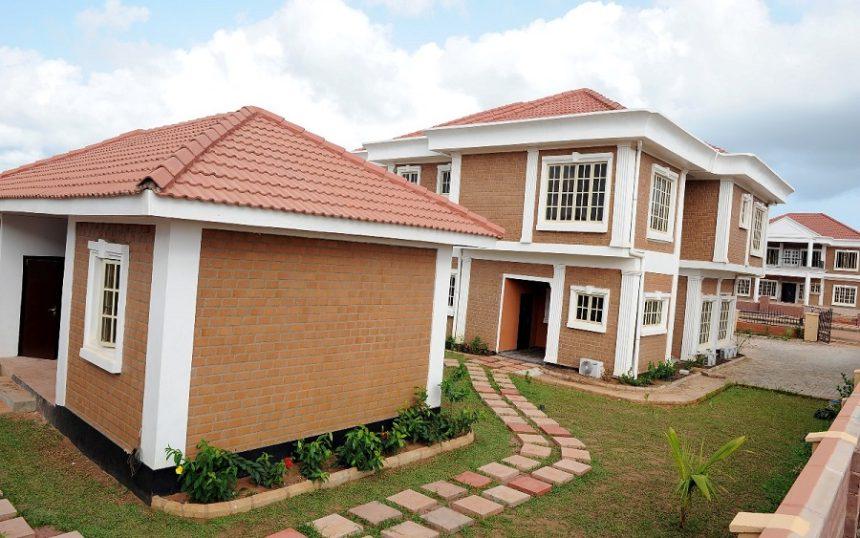Nigeria’s unattractive mortgage system has been a key theme in its residential market for decades.
With a housing deficit running into tens of millions, homeownership rate at over 25%, and a mortgage financing requirement conservatively estimated between 15-20 trillion naira, there is a great deal of work to be done.

Housing is typically capital-intensive in Nigeria due to the high cost of construction, surging land prices, and excessive financing costs. The high capital requirement of housing has made long-term financing critical in driving affordability; particularly for lower and middle-income groups.
READ ALSO: CBN to wind down 96 microfinance, mortgage banks
Interest rates for mortgage products from commercial institutions are typically between 25%-35% per annum for a tenor of up to 20 years. A model mortgage transaction would assume an interest rate of 20% on a ₦ 50 million mortgage over 15 years. Using the loan amortization calculator by a mortgage bank, the borrower would have made total payments amounting to 3x the principal at ₦158,066,685.
Paying 3x the principal on a mortgage transaction appears like daylight robbery.



